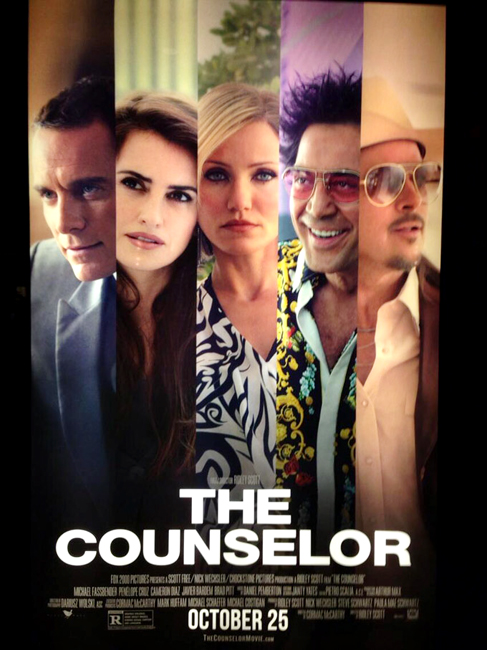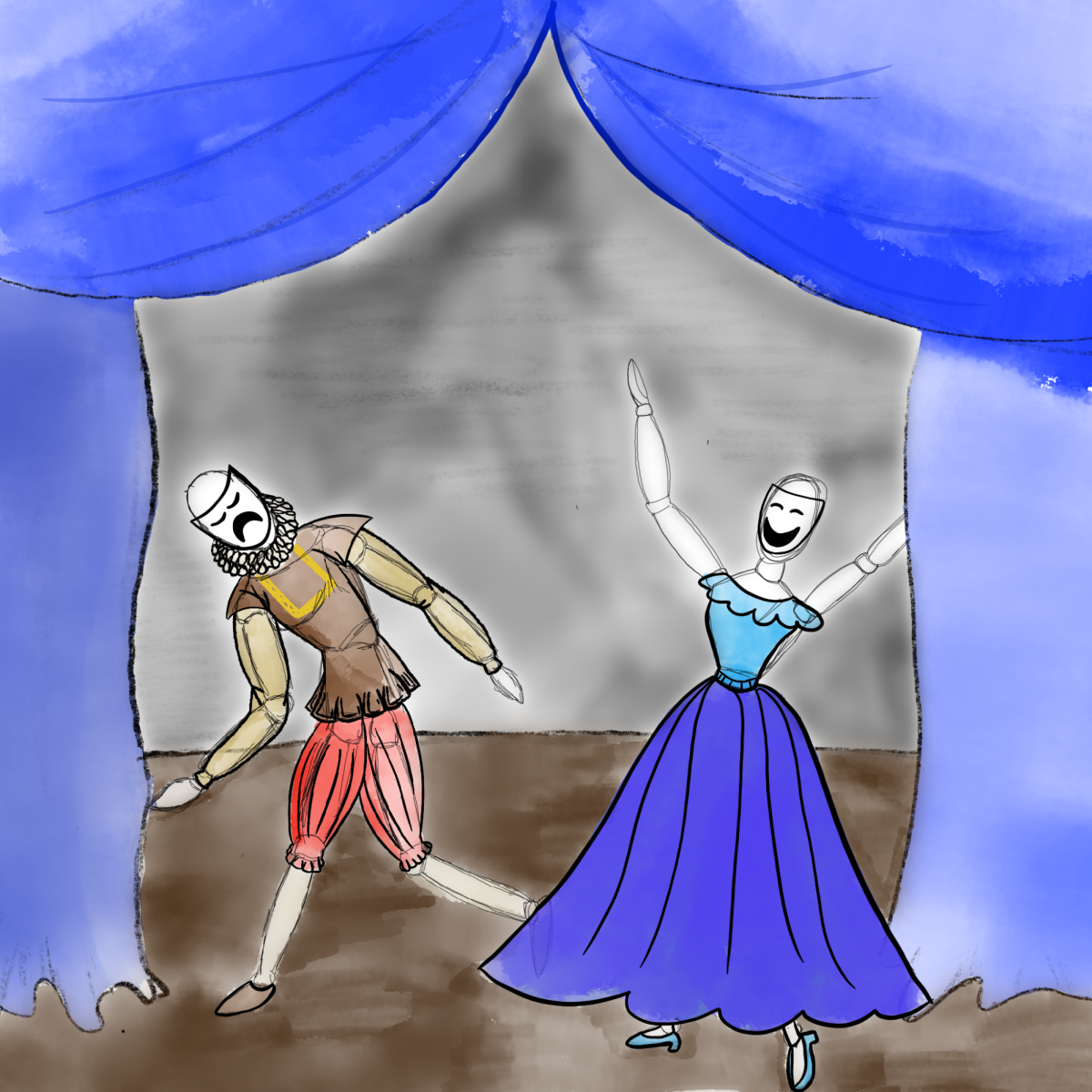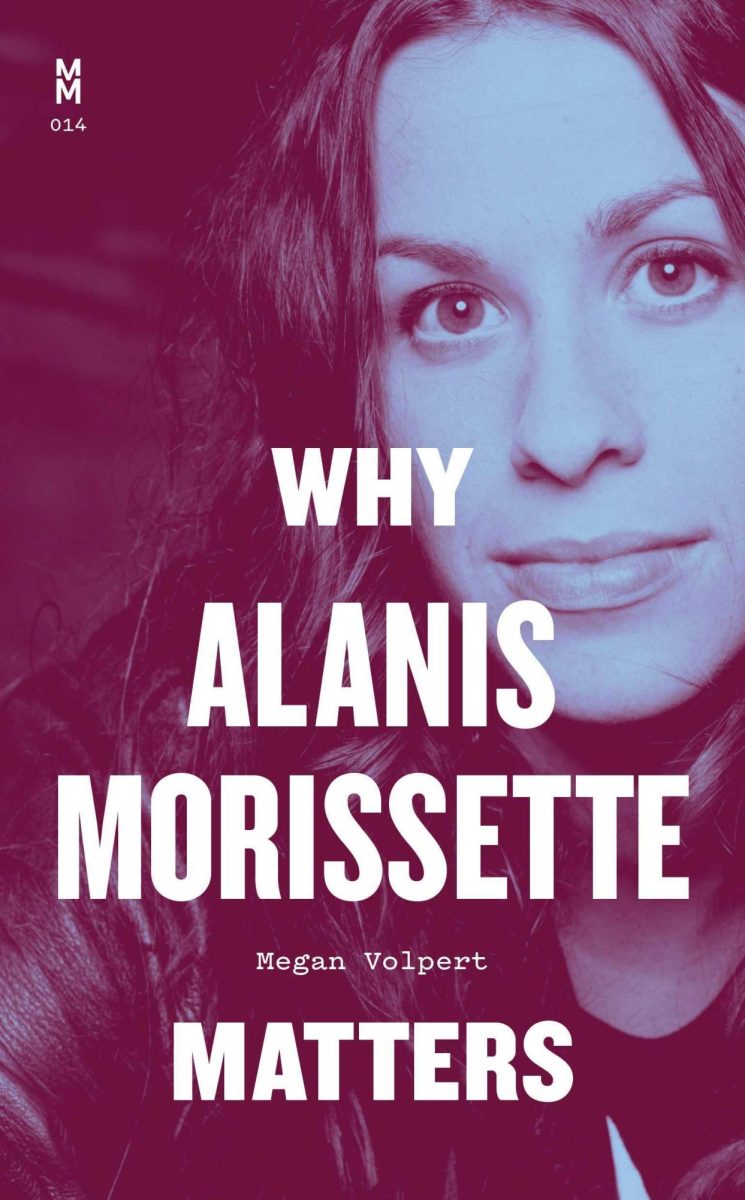Two of the most faithful book-to-film adaptations in recent memory are “The Road” and “No Country for Old Men,” both based on works by Cormac McCarthy, whose writing style is so inherently cinematic that very little had to be changed to fit the big screen. It stands to reason then, that McCarthy’s screenwriting debut, “The Counselor,” would be a winner — especially with Ridley Scott directing and Michael Fassbender, Javier Bardem and Brad Pitt in starring roles. Unfortunately, “The Counselor” is a frustrating work whose elegant, talky screenplay is both its greatest asset and detractor.
McCarthy’s screenplay is frustratingly vague, right down to its unnamed main character, played by Fassbender. Fassbender plays a counselor dipping his toes into the murky waters of drug trafficking with the help of accomplices Westray (Pitt), Reiner (Bardem) and Reiner’s lover Malkina (Cameron Diaz). Once an unlucky series of coincidences puts the Counselor on the wrong side of the drug cartels, he finds himself scrambling for his life.
Though “The Counselor” assembles an outstanding cast, several of its members are somewhat stranded within McCarthy’s narratively slack script. Both Pitt and Fassbender, enormously charismatic actors capable of shouldering challenging material, do their best with the vagaries of the film’s story, but neither does particularly memorable work. Even as Fassbender’s character descends into misery, which Fassbender plays very effectively, there’s so little emotional attachment to his character that his fairly wrenching performance fails to evoke any emotion. Diaz, on the other hand, plays a surprisingly adept femme fatale, and Bardem’s bug-eyed delivery sells some of McCarthy’s best lines.
If McCarthy’s overly-talky script wasn’t so gorgeously written, “The Counselor” would be interminable. His dialogue is punchy, with stunningly polished turns of phrase showcasing McCarthy’s gift for minimalist, hard-boiled poetry. But the dialogue mostly pads out scenes of characters sitting around discussing the plot, and there are far too many monologues that ultimately go nowhere.
McCarthy is so taken with his characters and their peculiar rhythms of speech that he willfully breaks one of the principal rules of screenwriting: Show, don’t tell. Almost every major dramatic event in the film seems to take place off-screen, and McCarthy’s stylized script mostly finds the characters obliquely discussing their situations rather than taking action. It’s a shame, too, since the few scenes of genuine action are among the film’s best. Scott directs with a visceral eye, making every gunshot thud hit home and orchestrating one of the best decapitations to ever grace the silver screen. Even the film’s climactic moments are thankfully left to the viewer’s imagination.
“The Counselor” is not an easy movie to love as it veers between pulpy fun and bleak nihilism with startling ease and traps its characters in a slowly contracting noose of circumstance. There’s little struggle or opportunity for the characters. They seem to be lost in the consequences of actions that are spoken of, but unseen, and the script’s free-floating, contemplative nature that ultimately derails any narrative momentum or engagement. What results is a film full of people trying to make up for the script’s shortcomings, and while Scott and his cast do their best, “The Counselor” proves to be a surprisingly un-cinematic debut for McCarthy.





















